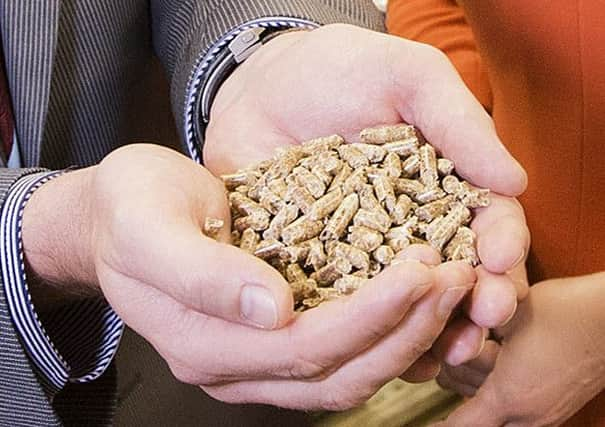Domestic RHI also open to '˜fraudulent claims'


Since the ‘cash for ash’ scandal broke, the spotlight has been firmly fixed on the non-domestic (commercial) component of the overly generous scheme, which could cost taxpayers hundreds of millions of pounds over the next 20 years.
However, according to a source within the energy industry, the “gross incompetence” of the RHI also extends to the domestic element.
Advertisement
Hide AdAdvertisement
Hide AdThe industry insider explained that RHI payments to domestic properties were based on estimated heating costs calculated by an energy performance certificate (EPC).
These certificates are produced by accredited energy assessors.
Our source, who is himself an energy assessor, said that the poorer the house was insulated, the more heat it required, increasing the RHI annual payment.
“Ironically this ‘green payment’ rewarded anti-green properties,” he added.
Advertisement
Hide AdAdvertisement
Hide AdFurther, he claimed that as result of “government incompetence and a poor compliance structure”, fraudulent EPCs were being produced in Northern Ireland to enhance annual RHI payments from the taxpayer.
The Department for the Economy, which is responsible for the domestic RHI scheme, said it has received no evidence to date of fraudulent EPCs being submitted for purposes of receiving higher RHI payments.
A spokesperson added: “Should any such evidence be received, this will be fully investigated by the department.”
The department said annual tariff payments under the domestic scheme vary depending on the property’s age, size, its construction and the type of renewable technology installed, with payments capped at £2,500 per year.
Advertisement
Hide AdAdvertisement
Hide AdThe spokesperson added: “Annual tariff payments for the Northern Ireland domestic RHI scheme are based on the potential heat requirements for a property as determined through the EPC.
“The EPC potential heat requirement is used (rather than the current heating requirement) as it takes account of recommended improvements that could be completed to the property such as top-up insulation.”
The Department of Finance, which has policy responsibility for EPCs, added: “EPCs and the activity of energy assessors are regulated by accreditation schemes which, in the north operate under the same scheme operating requirements as England and Wales.”